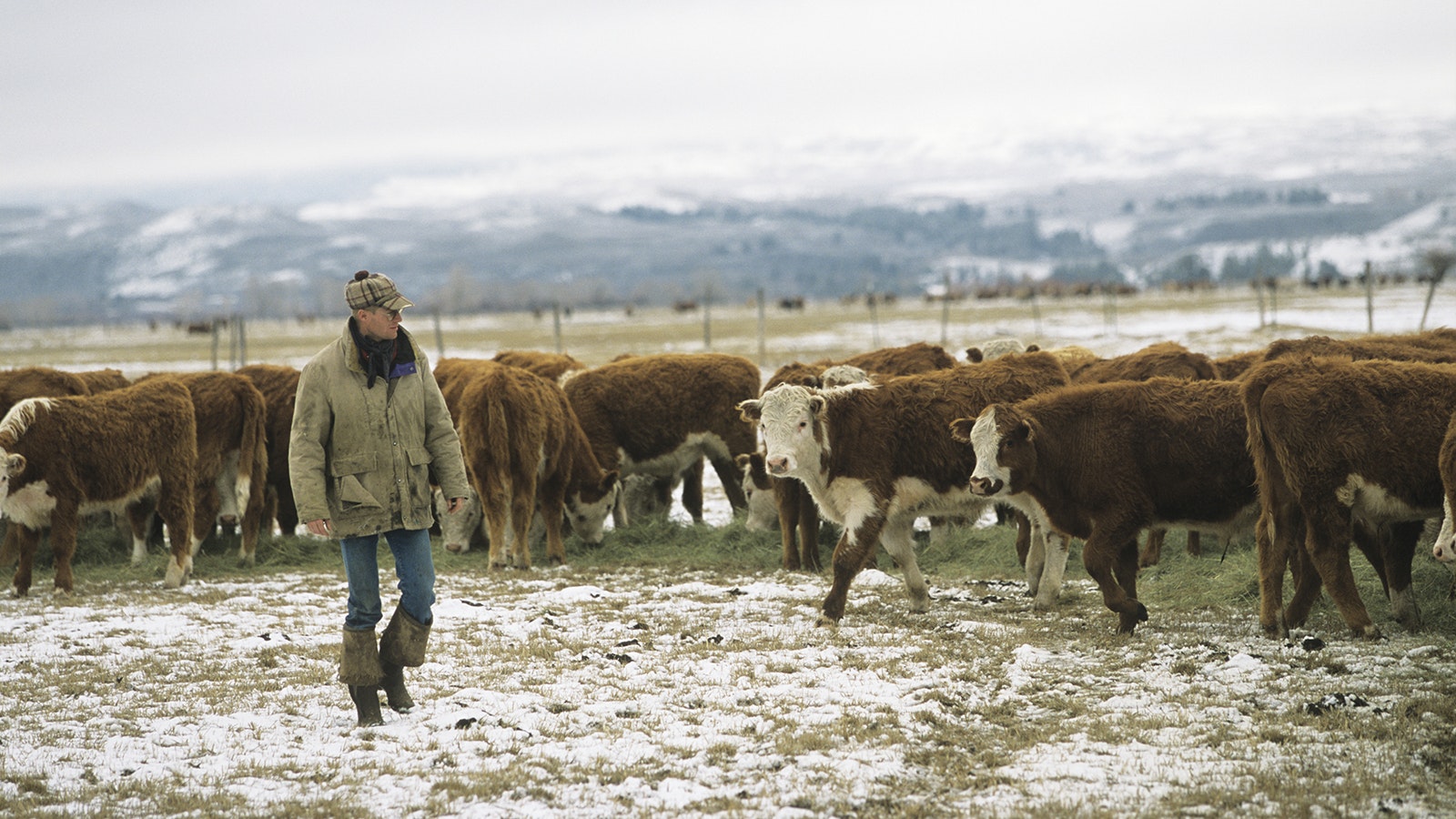Fall brings with it the opportunity to sip fresh-pressed apple cider.
But the unpasteurized version of the sweet treat can hide dangerous bacteria, especially for the young and old. Drinking unpasteurized juices has become a growing trend that health departments are increasingly warning consumers about.
Pasteurizing apple cider isn’t required, and University of Wyoming Community Vitality and Health Educator Vicki Hayman said food safety becomes an issue with any fresh, unpasteurized raw apple cider or other fruit juice. E. coli bacteria is the major threat.
“Pasteurization is necessary to reduce the possibility of E. coli food-borne illness,” she said. “The only way to reduce potential for food-borne bacteria is to pasteurize the apple juice or cider.”
Hayman said if someone gets raw cider, the right way to remove any bad bacteria is to heat it to at least 160 to 185 degrees Fahrenheit.
“Skim off the foam,” she said. “Pour the hot cider into the clean, sanitized glass or plastic containers.”
The University of Wyoming Extension aligns with the U.S. Department of Agriculture in recommending older adults, those with compromised immune systems, and young children drink only pasteurized cider.
Hayman said cider can be stored for up to seven days in the refrigerator and can be frozen for up to 12 months. She agreed that heating unpasteurized cider does destroy some of the vitamins and minerals, but that the tradeoff prevents sickness.
The Centers for Disease Control and Prevention reports that symptoms of E. coli infection include diarrhea, stomach cramps, vomiting and fever. The bacteria can create a life-threatening complication called hemolytic uremic syndrome that can lead to kidney failure, other health conditions and even death.
Wyoming Department of Public Health spokesperson Kim Deti said they had no reports of illnesses reported with unpasteurized apple cider.
A check with Natural Grocers in Casper, Milk House Farms Market in Mills and the Freemont Local Market in Riverton shows they do not carry any unpasteurized cider products. Jugs at Walmart, Albertsons and Smith’s are pasteurized.
Wyoming Food Freedom Act
State Director of Americans for Prosperity Tyler Lindholm, a former Wyoming State House representative, sponsored Wyoming’s Food Freedom Act in 2015. The act allows for the legal production of unpasteurized apple cider and other juices.
“The Food Freedom Act is a fairly wide-open piece of legislation as long as its produced essentially at a home or ranch-style environment,” he said.
Lindholm said he was unaware of anyone making their own cider in the state.
A search by Cowboy State Daily found a couple.
At Michaud Farms in Pine Bluffs, Wyoming, Tim Michaud said his three apple trees this year yielded about 600 to 800 pounds of apples.
“We process cider. The first run of the press we do a batch of just regular fresh-pressed cider and if we want to we can ferment it and make a hard cider,” he said. “The second press we usually ferment into apple cider vinegar, and we bottle it up in a nice little wine bottle and sell it.”
Michaud said he has not heard any concerns about the 20 gallons of unpasteurized cider from his limited number of customers. He said his operation is not a big facility with a lot workers where hygiene might become an issue.
“If you are running a small hygienic facility the chances of introducing any sort of pathogenic bacteria is really, really low,” he said. “All the other bacteria are so competitive, plus the environment is clean, we don’t see that it is posing much of a public health risk.”
Michaud said he finds it challenging to grow apples in the state, not only because of the water but because of the pests and birds. He said early and late frosts are also a problem. He also did not know anyone else growing apples in the state.
“You have to be out of your mind to do it,” he said. “I’m the only one I know of.”
Another Wyoming farm, Young’s Apple Box Orchard in Lingle, makes unpasteurized cider. It’s bottled with a warning about consuming unpasteurized cider.
Young’s did not immediately respond to a call, but its Facebook page shows that two late frosts reduced the apple crop by about 70% and they had a “massive bug invasion.”
“So, we set ourselves to work at turning the few apples we had into sweet cider, 100 quarts, and gave it away,” they posted.
Dale Killingbeck can be reached at dale@cowboystatedaily.com.





